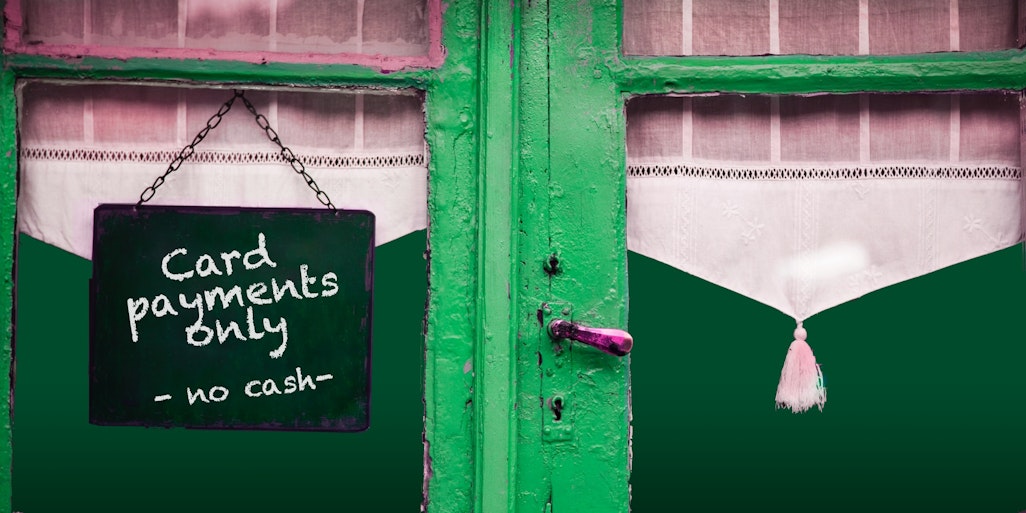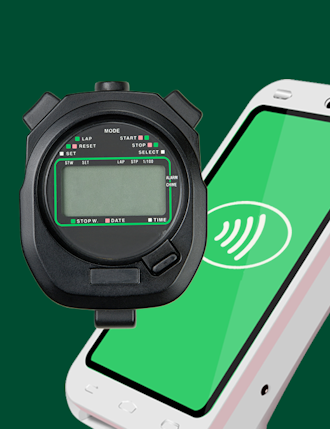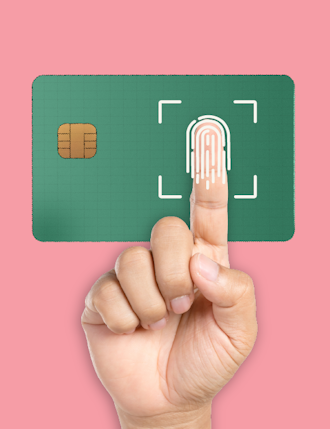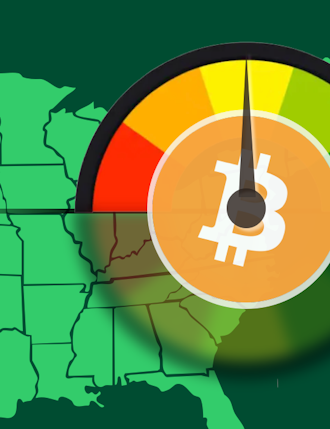End of an Era? Are we ready to bid farewell to cash?
Seems like every blog out there kicks off like this. But it’s not just talking. The world’s in motion, especially post-COVID, and with Gen Z taking over the consumer scene, society’s on the move. We’re on a one-way ticket to a cashless lifestyle. And I couldn’t agree more. When I walk into a store, and suddenly the thought of touching cash seems so yesterday. Fear of catching some virus? Ouh yes. Trying to impress your grandpa with your effortless swag? Double-yes. Rocking a teeny-tiny bag (Jacquemus, anyone?) where cash has no space? Absolutely yes!
Life’s a whirlwind, and sometimes you’re just trying to grab a quick bite from your favourite food truck while your mini-me decides to perform their best moves. Moments like these are when going cashless is pure gold. Tapping your card and being on your way – it’s the ultimate convenience hack. No more coin-hunting missions in your purse’s depths. Just a smooth wave, and you’re on toddler-watch duty again, who’s already eyeing that shiny checkout snack.
It’s not just us, the everyday consumers, going cashless. Businesses, and even the governments are all in on this no-cash party. Why? I’m diving into the reasons, the challenges, and all the perks.
Cashless society – a definition
A cashless society eliminates physical banknotes and coins from transactions, relying solely on digital methods like credit cards, mobile payments, and online transfers. Traditional cash becomes obsolete, replaced by government-backed digital currencies. While not fully realized yet, countries like Sweden and China are moving towards this model, which promotes traceable transactions and financial inclusivity.
Perks and challenges of a cashless society
As you can see, a cashless society represents a transformative shift in the way we handle transactions, bringing with it a bunch of benefits, challenges, and concerns. Let’s dig deeper into those side effects and what they would mean for consumers and merchants.
On the PRO side:
- Cashless Charm – Convenience
Convenience is basically the superhero of digital transactions. I mean, you can stroll up to the counter and just swipe or tap to pay your stuff — no mess, no stress. And the way payment processes have gotten smoother…. Embracing this convenience? No-brainer!
- Making sure everyone gets a piece of the cashless cake!
Financial inclusion gets a high-five in a cashless society as electronic methods open up banking and payments to folks who were left out by traditional systems. By 2021, around 71% of adults in developing countries finally had their hands on a bank account. Saying that we see that almost 30% still found themselves on the outside looking in for those crucial financial products and services. That’s where FinTechs come in like heroes, offering up affordable and accessible financial goodies.
Now, across the pond in the UK, about 1.3 million people (that’s like 4% of the whole gang) are missing out on the banking game. The government and big financial businesses have teamed up to throw a digital payments party. The outcome: UK’s Request to Pay service: you can request and make payments through digital channels like Apple Pay and Google Pay.
- From crime scenes to digital streams
We’ve all seen those action movies where a bandit swipes a bag full of cash from an unsuspecting lady…In a cashless world, that’s pure fiction. Picture this safer reality – no more worries about thieves grabbing your money. On another note: when every transaction is digitally recorded, it’s a game-changer. Money laundering suddenly becomes way trickier, and the whole tax-eluding game gets a lot more challenging.
On the CONcerning side:
- Unveiling the privacy puzzle
Just like any other platform that deals in the online world, digital payment solutions aren’t immune to hacking. While advanced safeguards like multi-factor authentication are in place, hacking techniques have evolved too. A cashless society offers a variety of great electronic payment options, however, due to the fear of being hacked, some folks might hesitate to go all in. The same goes for privacy. When you pay digitally, you’re sharing your data, leaving a trace of your transactions and personal stuff. Businesses might use this data for personalized ads, and governments could use it to peek into your private life – creating a power imbalance. For example, let’s look at China’s social credit system, where they watch what you buy and can even penalize you.
- Leaving (no) one behind
Privacy and security concerns apply to everyone, but they take on greater significance, especially for older individuals who might not be as tech-savvy as the younger generation. This vulnerability makes them prime targets for potential security issues. Some might even resist or struggle to grasp new digital processes, sticking to what’s familiar because “it’s always been that way.”
However, the impact isn’t limited to the elderly; it extends to various facets of society. The most obvious: no spare change for the busker at the station, the person in need of a warm drink, the market vendor, or the charity collection box. Insisting on a cashless approach creates pressure to be part of the banking and financial system, leaving many of the poorest on the outside looking in. This risk of exclusion is very real.
- From tipping dilemma to fresh opportunities
As we venture into this cashless world, it’s a bit of a mixed bag for jobs. Those classic roles tied to cash handling – think bank tellers and cashiers – might not shine as bright as digital transactions rise. Additionally, when we look at those jobs that thrive on cash, like café servers, hotel staff, or beauty salon pros, they’re caught up in this too. For example, if we think about tipping, the extra “thanks” we hand over to folks who make our day. With cash, it’s easy-peasy – guests hand it over, showing gratitude. But how does that jive with digital payments? We need a way to make things fair and transparent, so workers don’t feel like they’re missing out on anything.
In general, the cashless era is basically remixing how jobs work, sparking some fresh ideas in the job universe. As already mentioned, the illegal and undeclared “under-the-table” work is likely to shrink. As you can imagine, digital transactions are like a spotlight, making it hard to hide anything. It’s a win for society as a whole. Now, FinTechs are creating chances for more businesses – creating new job opportunities. One of my favorite examples is the following: If you think about those chilly winter days and homeless folks needing a warm drink. You’d think it’s a cash-only situation to help, right? Here’s the twist – digital platforms are stepping in, letting people donate on the go. Just tap your card on their box, and a small donation is sent via contactless payment. Two pounds go to the homeless’ pockets, and the other pound goes to charity. Social enterprise TAP London is using these contactless payments to offer jobs for the homeless as charity fundraisers. How cool is that?!
The path to a cashless society is on the horizon, with Sweden and China leading the way as success stories. Their experiences offer insights for others, like Germany or the UK, who are considering the shift. Education and awareness are key, not only in schools but also for older generations and those less familiar with finances and technology. Building necessary infrastructure, including internet access and secure payment systems, is crucial.
In this evolving landscape, digitalization, technology, and globalization drive economic progress. Future payment services hold promise, but challenges lie ahead. Questions arise about central banks’ roles and whether retail payment systems will move to private hands. The state’s responsibility remains important, though its role is evolving. As we embrace a cashless future, balancing innovation and social duty will shape our success.
Better be prepared! Want to offer cashless solution? Find out how our platform can help you.











